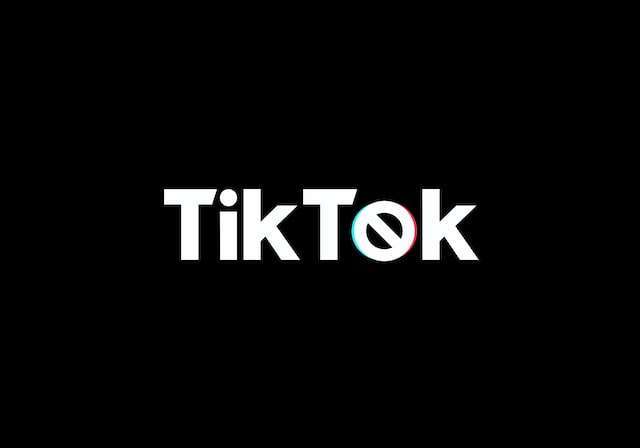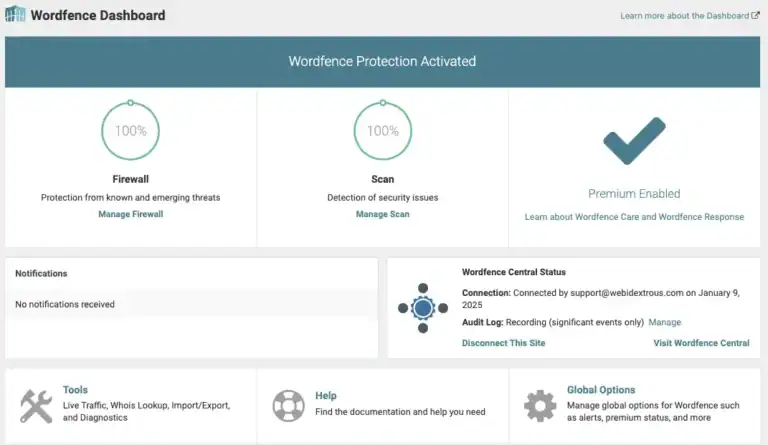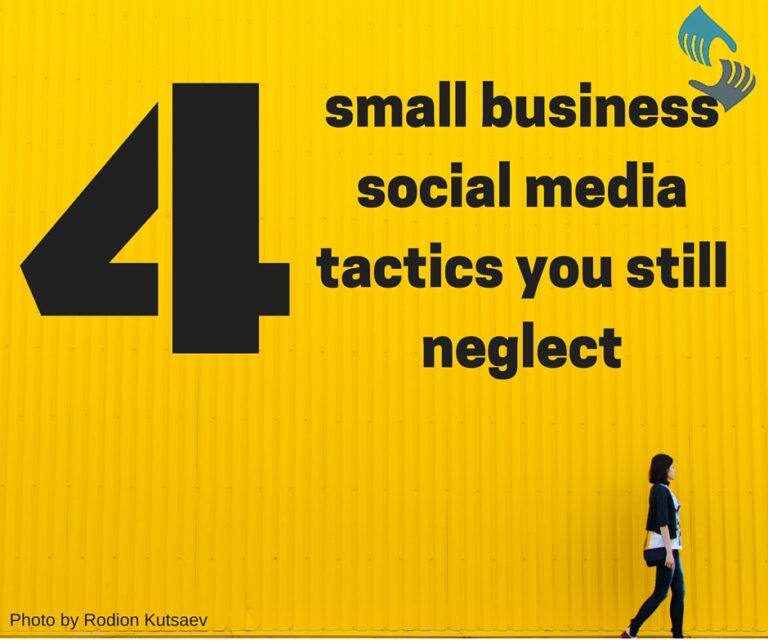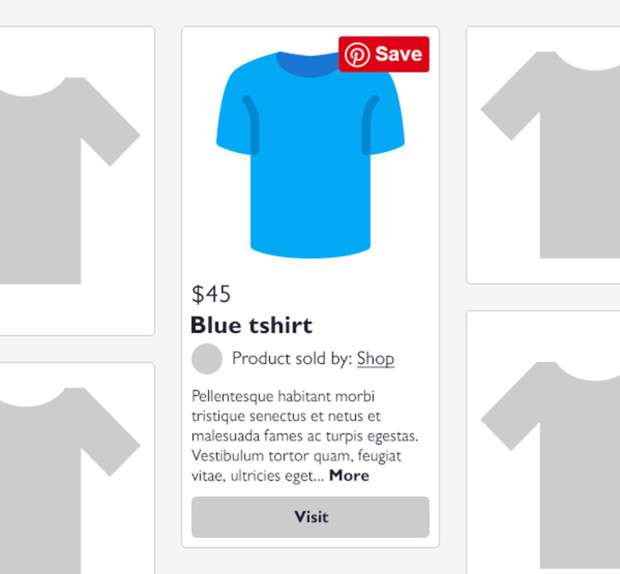As a 27-year veteran of web presence management and social media, I’ve witnessed the rise and fall of numerous community and social platforms. One of the latest additions to social media, TikTok, presents a unique set of challenges for businesses seeking to expand their social marketing strategy. While its popularity is undeniable, the risks associated with this platform, even after recent changes, remain significant and worthy of careful consideration.
Data Privacy and Security Concerns
As historical background, in 2020, it was discovered that TikTok was accessing users’ clipboard data on iOS devices. While TikTok claimed this was part of an anti-spam feature and subsequently removed the functionality, it raised significant privacy concerns.
Then, in 2021, TikTok permitted itself to grab biometric data from users’ phones, such as faceprints and voiceprints. They didn’t give reasons for doing this, but said they would request consent when they needed this information.
Four years later, users would be wise to be wary of what they don’t know about what TikTok is doing with their data. TikTok’s data collection practices continue to raise eyebrows among cybersecurity experts. The app collects an extensive array of user data.
Why is this a problem for your business? Employees using TikTok on company devices could inadvertently expose sensitive business information through the app’s data collection practices.
Like other social media apps and services, TikTok is beholden to advertisers and business partners, and so shares user data with third parties to further expand the reach of their content.
By using TikTok, users agree to share various types of personal data, including:
- Account and profile information (e.g., name, age, username, password, email, phone number, social media account information, and profile image).
- User-generated content, such as comments, photographs, livestreams, audio recordings, videos, text, hashtags, and virtual item videos.
- Personal communications, such as messages, purchase information, phone and social network contacts, and choices/communication preferences.
- Device information, such as IP address, unique device identifiers, browsing and search history, and geolocation-related data.
Additionally, TikTok collects data from third-party services, partners, affiliated entities, or other organizations and automatically collects information about user activities on the platform. Users should review the full Privacy Policy for more detailed information before ever downloading the app.
Geopolitical Tensions and Brand Association
TikTok’s ties to ByteDance, a company with close connections to the Chinese Communist Party (CCP), remain a significant concern. The potential for data sharing with Chinese authorities and the app’s use as a tool for surveillance and censorship still pose serious ethical questions for businesses.
By maintaining a presence on TikTok, brands risk being associated with:
- Censorship of user content
- Potential human rights abuses
- International political tensions
Real-world examples illustrate the impact of these geopolitical tensions on businesses. In 2020, Oracle’s potential deal to become TikTok’s “trusted technology provider” in the U.S. was put on hold due to ongoing controversies. In 2021, H&M faced a boycott in China after expressing concerns about forced labor in Xinjiang. These cases demonstrate how businesses can be directly affected by the complex political landscape surrounding TikTok and China, highlighting the need for careful consideration of the risks involved in engaging with the platform.
ByteDance has made efforts to address concerns about its ties to China, but significant doubts persist. The company implemented Project Texas, a $1.5 billion initiative to store U.S. user data on Oracle servers in the United States, and has emphasized its commitment to transparency by allowing third-party audits of its algorithm and content moderation practices. However, these efforts have not fully alleviated concerns from U.S. lawmakers and other countries about potential data sharing with the Chinese government.
Despite these attempts to distance itself from China, TikTok continues to face intense scrutiny and pressure from various governments, particularly the United States. The Biden administration has demanded that ByteDance sell its stake in TikTok or face a potential ban, citing national security concerns. This pressure highlights the ongoing skepticism about TikTok’s independence from Chinese influence.
The Chinese government’s opposition to any forced sale of TikTok by ByteDance further complicates the situation. This stance, announced in March 2023 and reaffirmed in March 2024, underscores the geopolitical tensions surrounding the app and the challenges ByteDance faces in trying to satisfy both U.S. security concerns and Chinese government interests. As a result, TikTok’s future in the United States and other countries remains uncertain, with potentially far-reaching implications for users, content creators, and the broader social media landscape.
In an era where consumers increasingly expect brands to take ethical stances, association of your messaging with censorship, abuses, and tensions via TikTok could prove detrimental to your company’s reputation. Especially if it is ever banned in the United States.
Regulatory Scrutiny and Potential Bans
The threat of TikTok bans in various countries persists. TikTok has faced increased scrutiny from regulators worldwide, including investigations into its data practices and potential national security risks. Several nations have already implemented partial or complete bans on government devices, citing security concerns. For businesses, this creates an unstable environment where your marketing efforts and user engagement could be abruptly curtailed.
Key points from the 2023 U.S. House Energy and Commerce Committee hearing with TikTok’s CEO, Shou Zi Chew, include:
- Data Security: Lawmakers expressed deep concerns about TikTok’s data collection practices and the potential for user data to be accessed by the Chinese government. Chew attempted to reassure Congress that Project Texas, a $1.5 billion initiative, would protect U.S. user data by storing it on Oracle servers in the United States.
- Chinese Government Influence: Despite Chew’s assertions that ByteDance is not an agent of China and that the Chinese government has never asked for U.S. user data, many lawmakers remained skeptical. They pointed to Chinese laws that could compel ByteDance to share data with the government.
- Content Moderation: Questions were raised about TikTok’s content moderation practices, particularly regarding harmful content targeting children and teens. Chew emphasized TikTok’s efforts to protect young users, but lawmakers expressed doubts about the effectiveness of these measures.
- Potential Ban: The possibility of a total ban on TikTok in the United States looms large. The Biden administration has demanded that ByteDance sell its stake in TikTok or face a potential ban, citing national security concerns.
- Global Responses: Other countries have also taken action against TikTok. The app has been banned on government devices in various nations, including the U.S., UK, and Canada. Some countries, like India, have implemented nationwide bans on the app.
- Economic Impact: TikTok’s large user base (150 million in the U.S. alone) and its importance to many small businesses were highlighted as factors complicating any potential ban.
- Transparency Efforts: Chew emphasized TikTok’s commitment to transparency, including allowing third-party audits of its algorithm and content moderation practices. However, many lawmakers remained unconvinced by these assurances.
The ongoing scrutiny of TikTok reflects broader concerns about data privacy, national security, and the influence of foreign-owned tech companies in an increasingly digital world. As regulatory pressure continues to mount, TikTok’s future in the United States and other countries remains uncertain, with potentially far-reaching implications for users, content creators, and the broader social media landscape.
So why do Google and Apple still maintain TikTok as a trusted part of their app catalogs?
Algorithm Transparency and Content Control
While TikTok has made efforts to increase transparency about its algorithm, concerns about content manipulation persist. The app’s highly effective content recommendation system, while engaging for users, raises questions about the potential for spreading misinformation, the creation of echo chambers, and the amplification of harmful content. Businesses must consider whether they want their brand associated with a platform that may inadvertently promote controversial or harmful content alongside their marketing messages.
For example, TikTok has faced criticism for its role in amplifying cyberbullying and online harassment. In 2020, a report by the Australian eSafety Commissioner found that 64% of teenagers who used TikTok had seen negative content on the platform, including bullying, trolling, and body shaming. The study highlighted how TikTok’s algorithm could rapidly spread harmful content, even to users who weren’t actively seeking it out.
TikTok has also been called out for its role in promoting potentially dangerous challenges and trends, particularly among younger users. In 2021, the “Milk Crate Challenge” went viral on TikTok, encouraging users to climb unstable pyramids of milk crates. This trend resulted in numerous injuries, with some doctors and health officials warning about its dangers.
Businesses must consider whether they want their brand associated with a platform that may inadvertently promote controversial or harmful content alongside their marketing messages.
Mental Health Implications
Recent studies have linked excessive TikTok use to mental health issues, particularly among younger users.
Body Image Issues and Eating Disorders
TikTok’s algorithm often promotes content featuring idealized body types and beauty standards, which can negatively impact users’ self-esteem and body image. This is particularly concerning for younger, more impressionable users who may be struggling with self-image issues.
For example, the platform has been criticized for promoting “thinspiration” content, which glorifies extreme thinness and can encourage unhealthy eating habits. The #WhatIEatInADay trend, while seemingly innocuous, has been linked to the promotion of restrictive eating behaviors. Some users have reported developing eating disorders or worsening existing conditions due to exposure to such content.
A study published in the International Journal of Eating Disorders found that increased TikTok use was associated with a higher likelihood of developing disordered eating behaviors among adolescents. As a business, promoting your brand on TikTok could inadvertently contribute to this harmful ecosystem, especially if your products or services are related to the fitness, beauty, or food industries.
Anxiety and Depression from Social Comparison
TikTok’s format encourages users to present highly curated, often unrealistic versions of their lives. This can lead to increased social comparison, which has been linked to higher levels of anxiety and depression, especially among younger users.
The “For You” page algorithm, which serves up an endless stream of content tailored to user interests, can create a sense of FOMO (Fear of Missing Out) and inadequacy. Users may feel pressure to constantly create content, gain followers, and achieve viral status, leading to stress and anxiety.
A study published in the journal Cyberpsychology, Behavior, and Social Networking found that higher levels of TikTok use were associated with increased symptoms of depression and anxiety among young adults. The constant exposure to seemingly perfect lives, talents, and achievements of others can make users feel inadequate or like they’re falling behind their peers.
As a business, your brand’s presence on TikTok could contribute to this environment of social comparison. If your content consistently showcases idealized lifestyles or promotes unrealistic standards of success, it may inadvertently contribute to feelings of inadequacy among your audience.
Considering these potential negative impacts, businesses must carefully consider how their TikTok presence might affect their audience’s mental health. This could involve creating more authentic, diverse content, promoting positive messages, and being mindful of the potential psychological impact of your marketing strategies on the platform.
Data Handling and Privacy Policies
TikTok’s data handling practices present significant challenges for businesses, particularly those operating in industries with strict regulatory environments. The extensive data collection and potential sharing with third parties by TikTok could put your business at risk of violating its own privacy commitments to customers, as well as running afoul of stringent data protection regulations.
For instance, companies operating in healthcare or financial services must adhere to strict privacy regulations such as HIPAA (Health Insurance Portability and Accountability Act) or GLBA (Gramm-Leach-Bliley Act). These regulations mandate rigorous protection of sensitive personal information. TikTok’s broad data collection practices and its potential sharing of data with third parties, including its parent company ByteDance, create a significant risk of non-compliance with these regulations.
Consider a healthcare provider using TikTok for marketing purposes. If patient information is inadvertently shared or if TikTok’s data collection practices capture protected health information (PHI), even indirectly, this could constitute a serious HIPAA violation. The penalties for such violations can be severe, including substantial fines and damage to the organization’s reputation.
Moreover, TikTok’s use as a marketing tool in such environments creates a complex scenario where the platform’s engaging content creation features might tempt employees or marketers to share information that should remain confidential. For example, a well-intentioned healthcare worker creating a TikTok video in a clinical setting might accidentally capture patient information in the background, leading to a privacy breach.
The global nature of TikTok’s operations also raises questions about data sovereignty and cross-border data transfers. For businesses subject to regulations like GDPR in Europe or CCPA in California, the uncertainty surrounding where and how TikTok processes user data could lead to compliance issues.
Furthermore, TikTok’s algorithm-driven content distribution model, while effective for engagement, may conflict with regulatory requirements for transparency and user consent in data processing. This could put businesses at odds with their obligations to provide clear, understandable privacy notices to their customers.
In light of these concerns, businesses must carefully weigh the marketing benefits of TikTok against the potential risks to data privacy and regulatory compliance. It may be necessary to develop strict internal policies governing TikTok usage, implement additional safeguards, or even reconsider the use of the platform altogether in highly regulated industries. Ultimately, the responsibility lies with the business to ensure that their use of any marketing platform, including TikTok, aligns with their legal and ethical obligations to protect customer privacy.
Conclusion
While TikTok offers a vast audience and engaging features, the risks associated with the platform remain substantial. As professionals, we must weigh the potential marketing benefits against the very real threats to data security, brand reputation, and ethical standing.
Before diving into TikTok marketing, consider these key questions:
- Is the potential reach worth the risk to your brand’s integrity?
- Can your business withstand potential backlash if TikTok faces further scrutiny or bans?
- Does your presence on TikTok align with your company’s values and ethical standards?
It’s crucial to approach new and old platforms with caution and thorough consideration. While TikTok may seem like an irresistible opportunity, the long-term risks to your brand could outweigh the short-term gains in visibility and engagement.






